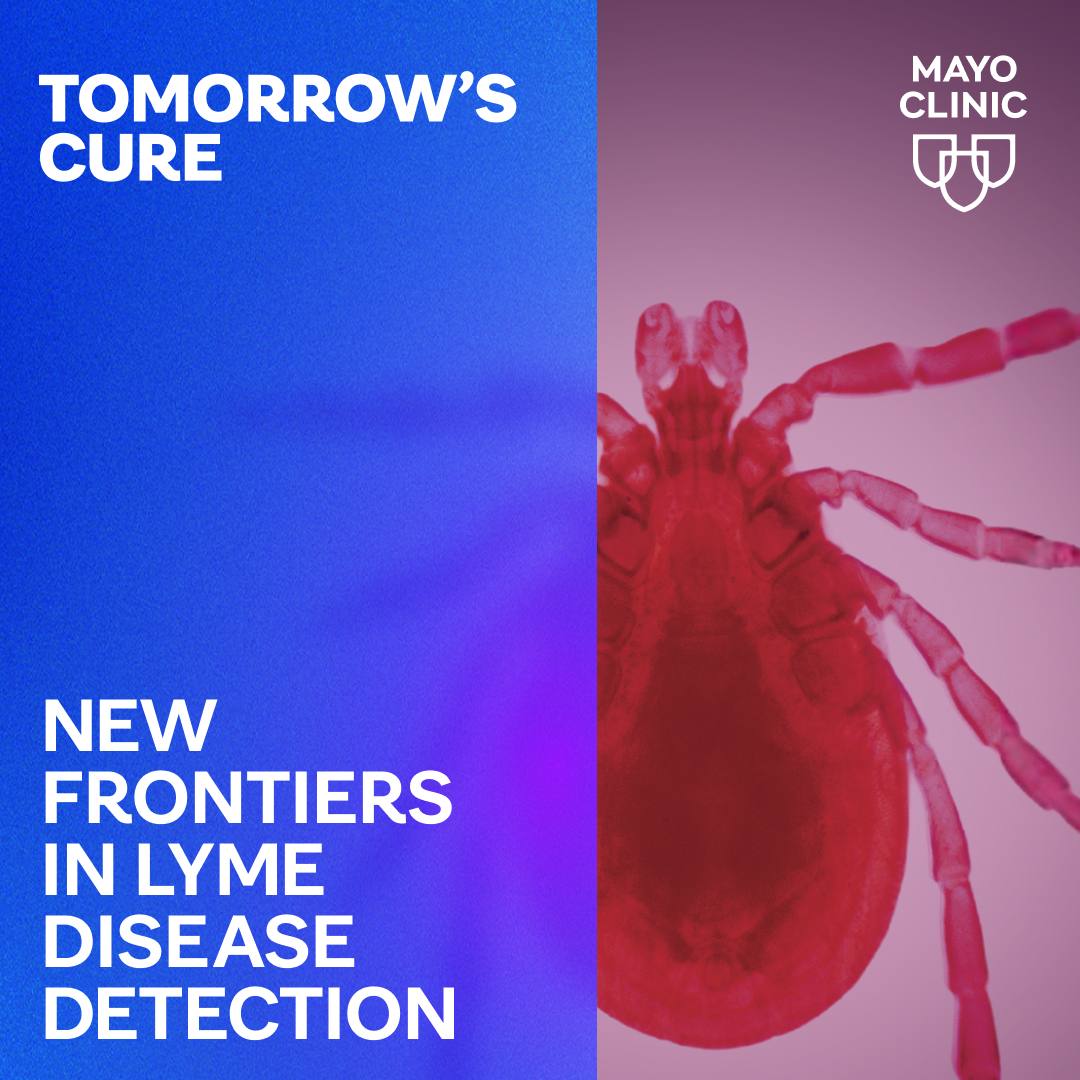-
Mayo Clinic Minute: Eating disorders affect men and minorities, too
It's the stereotypical image of an eating disorder: a young, white female who is extremely thin. But that's not always the case.
Journalists: Broadcast-quality video pkg (0:59) is in the downloads at the end of the post. Please "Courtesy: Mayo Clinic News Network." Read the script.
"Eating disorders come in all shapes and sizes," says Dr. Leslie Sim, a Mayo Clinic child psychologist.
Dr. Sim says 10% of anorexia cases and 30% of patients with binge-eating disorders are males.
"Men are also subject to a lot of the cultural messages in our society about leanness and muscularity, and being thin," says Dr. Sim.
She says roughly 25% of people who struggle with eating disorders are also racial minorities.
"Unfortunately, the stereotype, again, is quite harmful in that we think eating disorders only affect young, thin girls and women. And that, I think, deters a lot of people from getting help," says Dr. Sim.
No matter what your gender or race is, eating disorders can have life-threatening complications.
"If they are concerned at all that their eating is starting to get in the way of their life in any way, that what I'd like them to know is that eating disorders are very treatable conditions," says Dr. Sim. "And the earlier people seek help, oftentimes the more treatable they are."







